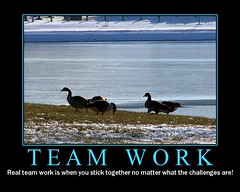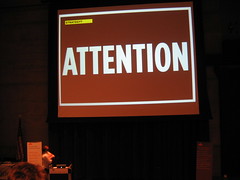
As we come to the close of 2007 and think about the coming of 2008, inevitably we begin to think about New Year's Resolutions. These are popular with so many, because they challenge us to be even better than we were the year before. But the question that is always there is: What will my resolutions be? You can always go with the popular ones like diet, exercise, go to church more, spend more time with family, etc..
Here is a twist on the whole New Year's Resolution; become more of who God created you to be. And to do this, we can think about Proverbs 6:16-19, which says, "There are six things the LORD hates, seven that are detestable to him:17 haughty eyes, a lying tongue, hands that shed innocent blood, 18 a heart that devises wicked schemes, feet that are quick to rush into evil, 19 a false witness who pours out lies and a man who stirs up dissension among brothers." There are seven things that we are prone to do: be prideful, lie, hurt others, be deceitful, get ourselves into trouble, be a false witness against another, and stir up dissension.
As you look over this list, you might not be one who breaks them all, but to some degree or another, they exist in our lives. What if we sought to do better in these 7 areas in 2008? Not only would our life be better, but all those around us would be better off as well. So which are the areas where you struggle the most? Pride? Being deceitful? Making decisions that get you into trouble? What can you do to improve in that area? I challenge myself and you to pick at least one, and let's do better in 2008. May God bless us in our endeavor.































